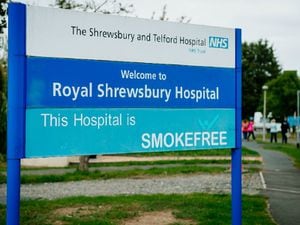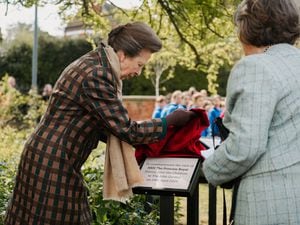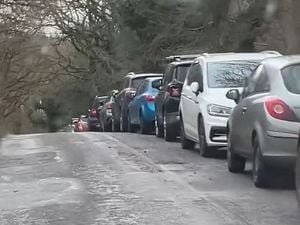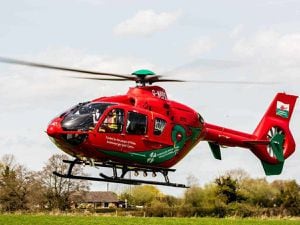Nostalgia: The day the stars went out in Ketley
In December 1964, the stars went out in Ketley. All seven of them.
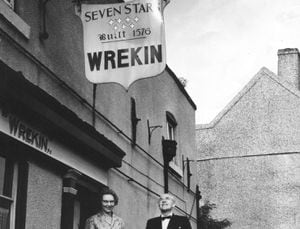
The historic Seven Stars pub, a coaching inn which had stood for hundreds of years, was demolished.
A new pub went up nearby with the same name, but without the ghosts and the history.
That ancient Ketley inn is remembered in a new book which looks at Britain's pubs called the Seven Stars, and looks at the possible origins of the name.
A distinct clue is where Seven Stars pubs are – and where they are not.
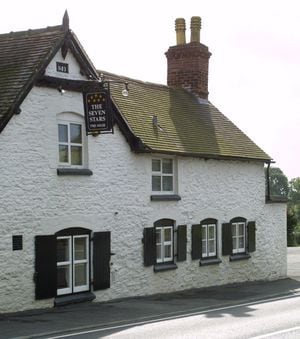
Modern pubs bearing the name are concentrated mainly in the south and west of England, and the distribution of Seven Stars pubs and hotels claiming some antiquity is even more restricted.
"None are found in East Anglia, the eastern Midlands, or the north east," says Hugh Kolb, author of "Seven Stars – Ancient Astronomy and the English Public House."
In Shropshire, he lists five Seven Stars pubs which were still open in 2000, at Old Coleham, Shipton, Beckbury, Cold Hatton, and Halfway House.
The 1960s Seven Stars pub at Ketley, he writes, became Twenties, and then the Elephant and Castle, before closing around 2000 and becoming an Indian restaurant called the Blue Elephant.
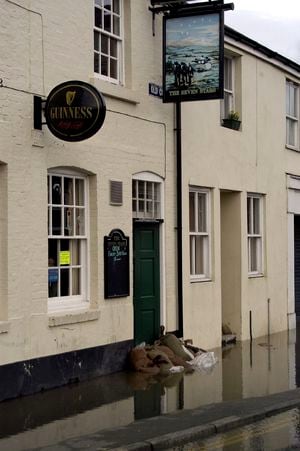
The original Seven Stars at Ketley was reputedly built in 1579 and was said to be the oldest and best known inn on the road to Holyhead. Records of landlords went back to 1740.
"The old inn had its own mythology. It was claimed that the highwayman Dick Turpin used to stay there," says Kolb.
"Ghosts were plentiful, including a young woman, reputedly murdered, who walked around at night. A girl who was raised there said she used to hear mysterious piano playing from the bar downstairs at night.
"At the time of its demise it was in a very poor condition with uneven floors and iron truss rods through the upper rooms that held the wattle and daub walls together."
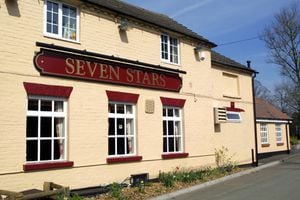
Kolb, who is from Aboyne in Aberdeenshire, is a retired zoologist and his interest in the history of English pub names and their symbolism came in a roundabout way from his passion for foxes – he noticed interesting patterns in the naming of pubs using the word "fox."
In his book he explores various theories to explain the origins of the Seven Stars name, which he says has been used on inns for at least 700 years.
One explanation is that it comes from the star cluster known as Pleiades, or the Seven Sisters.
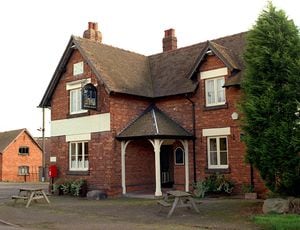
"The main conclusion that we can come to is that, from ancient tradition, the Pleiades were seen as a bunch of grapes in the sky and that this imagery was transferred to using the Seven Stars as a sign for wine which was current during late Anglo-Saxon times," he says.
"Seven Stars – Ancient Astronomy and the English Public House" is published by Unicorn and costs £15.

